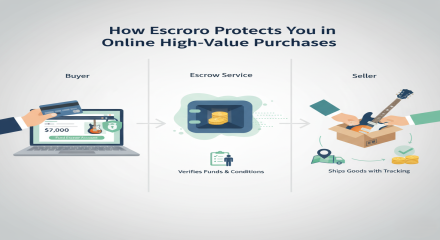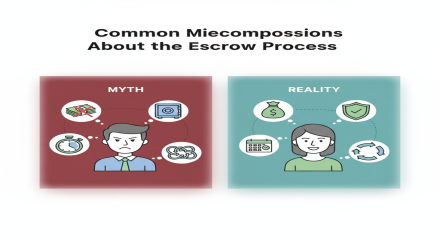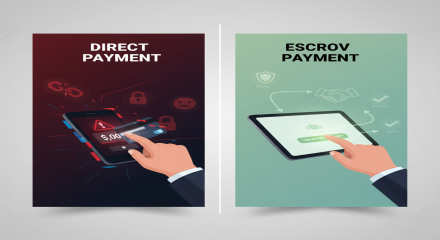
Top 5 Things You Need to Know About the Escrow Process
When it comes to significant transactions, especially in real estate or high-value online purchases, you'll often hear the term "escrow." But what exactly is it, and why is it so important? Simply put, escrow acts as a neutral third party that holds assets and documents until all conditions of a contract are met. It's a fundamental part of securing a safe and fair transaction for both buyers and sellers.
Understanding the escrow process can give you peace of mind and help you navigate complex deals with confidence. Here are the top five things you need to know:
1. Escrow Ensures Security for Both Parties
The primary benefit of escrow is the security it provides. For a buyer, it means your funds are held safely and won't be released to the seller until you've received what you paid for (e.g., the deed to a house, the product you ordered) and confirmed its satisfactory condition. For a seller, it guarantees that once you've fulfilled your end of the bargain, the payment is secured and will be released to you without delay or risk of non-payment. This eliminates much of the risk associated with direct transactions.
2. It's a Neutral Third Party
An escrow agent or company is an impartial third party. They don't represent the buyer or the seller, but rather the transaction itself. Their role is to ensure that all terms and conditions outlined in the agreement are met by both parties before releasing funds or assets. This neutrality is key to resolving potential disputes fairly and ensuring a smooth process.
3. Conditions Must Be Met for "Closing"
The escrow period isn't just a waiting game; it's a phase where various conditions, specified in the purchase agreement, must be satisfied. In real estate, this could include property inspections, loan approvals, title searches, and the signing of numerous legal documents. For online purchases, it might involve the buyer's inspection and acceptance of the goods. Only when all stipulated conditions are met will the escrow agent "close" the transaction and disburse funds and assets accordingly.
4. Funds and Documents are Held in Trust
During the escrow period, all funds and important documents (like property deeds, vehicle titles, or even intellectual property files) are held in a secure trust account by the escrow agent. These funds are not accessible to either the buyer or the seller until all contractual obligations are satisfied. This prevents either party from unilaterally withdrawing funds or documents before the deal is complete.
5. Escrow Fees are Typically Shared (or Negotiated)
There's a cost associated with the security and services provided by an escrow company. These escrow fees can vary depending on the transaction's complexity and value. In many common scenarios, like real estate transactions, these fees are split between the buyer and the seller. However, how these fees are paid is often a point of negotiation and should be clearly defined in your initial agreement.
In conclusion, the escrow process is a vital mechanism for facilitating secure and transparent transactions, safeguarding the interests of all parties involved. Whether you're buying a home, selling a high-value item online, or engaging in a complex business deal, understanding escrow is crucial for a successful outcome.





